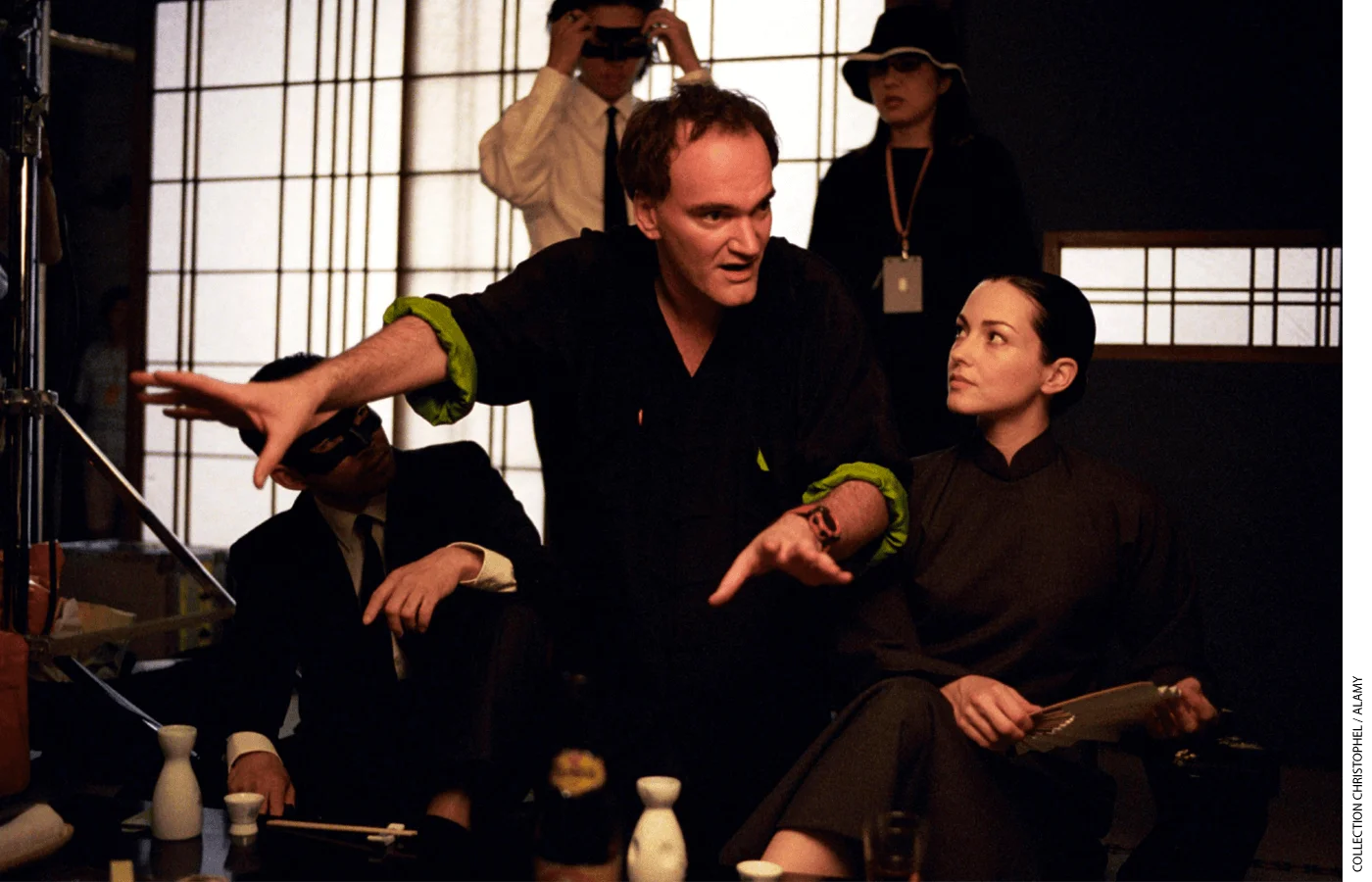Quentin Tarantino has expressed strong admiration for the 1987 horror film Hellraiser, calling it the most disturbing movie of the 1980s. Known for his deep knowledge of cinema cultivated during his time working at a video store, Tarantino has often cited Hellraiser as a major influence, highlighting its boldness and impact within the genre.
Quentin Tarantino Applauds Hellraiser’s Unmatched Shock Value
On The Big Picture podcast, Quentin Tarantino praised Clive Barker’s Hellraiser, a film adapted from Barker’s own novella, The Hellbound Heart. Giving Barker full credit as both writer and director, Tarantino emphasized how rare it was for a creator to take full control of such a project. He called Barker a “provocateur director,” someone who dared to make boundary-pushing films during a period when such works rarely found mainstream success.
Tarantino acknowledged Barker’s directorial debut as a solid achievement, stressing that Hellraiser stood apart from typical ’80s horror fare by succeeding both critically and commercially. Though Barker’s later films, such as Nightbreed and Lord of Illusions, failed to match Hellraiser’s impact, this first movie cemented his legendary status in horror cinema.
“For two seconds, when he came out with Hellraiser, it looked like Clive Barker, as a director, was going to be the man… One of the things said was ‘if Hammer made Salo, it would be Hellraiser.'”
Quentin Tarantino, Filmmaker
Tarantino further explained that Hellraiser was a rare movie that actually “worked” in the eyes of audiences, as well as being shockingly intense and unsettling for its time.

“it was so incredibly f**ked up.”
Quentin Tarantino, Filmmaker
He noted that nothing else in the 1980s offered such extreme horror content, which made the film both unforgettable and widely respected. Tarantino concluded his remarks with a clear sense of awe:
“My God, it was amazing.”
How Clive Barker Outdid His Contemporaries in Provocative Filmmaking
Tarantino compared Barker’s work to other provocative directors of the 1980s, such as Paul Verhoeven, who directed Flesh and Blood before moving on to The Lost Boys, and Kathryn Bigelow, known for the vampire cult classic Near Dark. He also mentioned Adrian Lyne, known for 9½ Weeks, placing all of them among a small group of filmmakers willing to push intense themes.
Despite the quality of many provocative films of the decade, Tarantino said critics often dismissed such movies and penalized their directors. He singled out Clive Barker as the exception. Hellraiser shattered this pattern by becoming a “smash” hit, grossing $30 million at the box office on a $1 million budget, and spawning a lucrative franchise that introduced the iconic character Pinhead.
Thanks in part to acclaim from Stephen King, horror fans and critics alike elevated Barker’s profile. Tarantino credited New Line Cinema’s marketing that positioned Pinhead as the next major horror villain, helping Barker achieve stardom for the raw, boundary-pushing story he brought to the screen.
The Enduring Power of Hellraiser’s Revolutionary Horror
Quentin Tarantino also referenced a Clive Barker interview where the director revealed his willingness to abandon Hollywood to make films in Europe with more creative freedom. Barker warned, however, that if he and other visionary filmmakers like David Lynch and Paul Verhoeven left, then mediocrity would prevail.
“That’s subversion on a massive level.”
Clive Barker, Director
Hellraiser’s wide release in 800 theaters made it a remarkable success during a time when such numbers were rare for an unconventional horror film. The movie’s blend of sadomasochistic themes and philosophy—equating pain with pleasure—challenged audiences and pushed against cinema norms.
The film’s portrayal of characters willingly subjected to extreme suffering to transcend human experience, alongside placing viewers in the perspective of a victim trapped in such a grotesque scenario, created a deeply unsettling experience. Tarantino emphasized that horror movies are made to disturb, and none did so as viscerally or memorably as Hellraiser.
The Future Prospects of the Hellraiser Franchise
While the original Hellraiser trilogy received theatrical releases, subsequent sequels mostly went direct-to-video, leading to a significant decline in quality and interest, appealing mostly to devoted fans of the Cenobites. Despite this downturn, a 2022 reboot attempted to revitalize the franchise by reimagining Pinhead as a female character and expanding on the mythos.
This reboot debuted on Hulu and surpassed expectations, becoming the best Hellraiser film since the second installment. Although no official plans for a sequel have been announced, Odessa A’zion, who stars as Riley in the reboot, mentioned rumors of continuation, though nothing has been confirmed.
Given Hellraiser’s lasting legacy and dedicated fanbase, the franchise is unlikely to remain dormant indefinitely. Pinhead and the Cenobites continue to symbolize a unique brand of horror that finds new ways to return to the screen.
